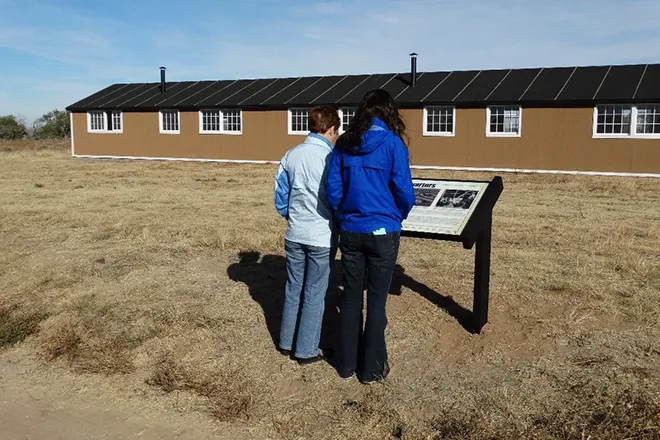
Tri-State's plan would close two coal-fired power plants
Click play to listen to this article.
(Colorado News Connection) Colorado's second-largest electricity provider is leaning into federal Inflation Reduction Act dollars to retire two coal-fired power plants, one in Craig and one in Arizona.
John Clark is the Mayor of Ridgway, which gets power from Tri-State through a regional co-op.
He said he sees the new Electric Resource Plan as a major shift for a company - that until recently had a hard 5 percent cap on wind, solar and other renewables in its energy portfolio.
"To see them make this big a change," said Clark, "and actually commit to closing a couple of coal-fired power plants, and also invest in more alternative energy sources -- is, I think, a huge win for everybody. And it's actually going to reduce rates for their customers."
Tri-State is hoping to tap a new federal program intended to help rural Americans transition to clean energy to build significant amounts of wind, solar, and battery storage resources.
Last week, the Colorado Public Utilities Commission approved an alternative plan for Xcel, the state's largest provider, that increases reliance on natural gas and cuts investments in lower-cost renewables in the short term.
Tri-State's proposal would close unit three in Craig in 2028, two years earlier than planned, largely due to coal prices.
Clark noted that Colorado's Just Transition Action Plan, which received funding in last year's legislative session, can help communities like Craig built around fossil fuels.
"There's amazing work being done," said Clark, "to create new jobs and create new industries, and bolster existing industries in ways that create opportunities for people who might be losing a job at a coal mine or a coal plant."
Clark said he hopes Tri-State's proposal will move others to act on climate change.
According to Environmental Protection Agency data, air pollution from unit three in Craig is responsible for $75 million in increased healthcare costs each year from heart attacks, asthma attacks, and other diseases.
"All of these things are huge public health issues," said Clark. "And I think a giant energy company like Tri-State changing their mind and deciding to step up and take some actions like this is a huge example for others in the industry to try and do some of the same things."















